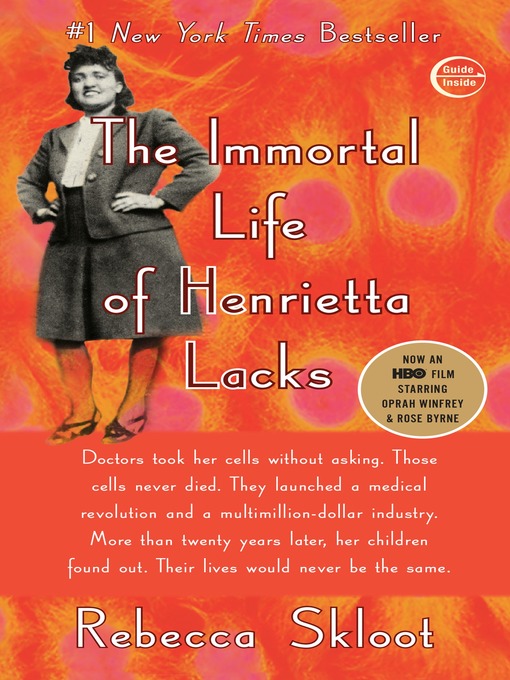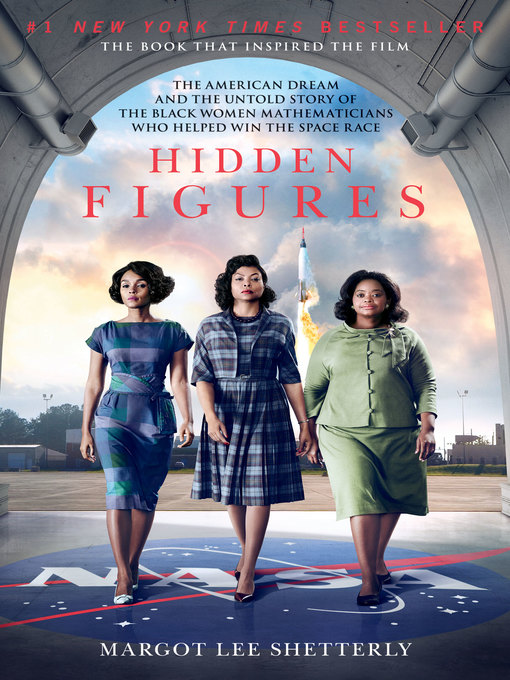 Barracoon: The Story of the last “Black Cargo” by Zora Neale Hurston
Barracoon: The Story of the last “Black Cargo” by Zora Neale Hurston
New York Times Bestseller
“A profound impact on Hurston’s literary legacy.”—New York Times
“One of the greatest writers of our time.”—Toni Morrison
“Zora Neale Hurston’s genius has once again produced a Maestrapiece.”—Alice Walker
A major literary event: a newly published work from the author of the American classic Their Eyes Were Watching God, with a foreword from Pulitzer Prize-winning author Alice Walker, brilliantly illuminates the horror and injustices of slavery as it tells the true story of one of the last-known survivors of the Atlantic slave trade—abducted from Africa on the last “Black Cargo” ship to arrive in the United States.
In 1927, Zora Neale Hurston went to Plateau, Alabama, just outside Mobile, to interview eighty-six-year-old Cudjo Lewis. Of the millions of men, women, and children transported from Africa to America as slaves, Cudjo was then the only person alive to tell the story of this integral part of the nation’s history. Hurston was there to record Cudjo’s firsthand account of the raid that led to his capture and bondage fifty years after the Atlantic slave trade was outlawed in the United States.
In 1931, Hurston returned to Plateau, the African-centric community three miles from Mobile founded by Cudjo and other former slaves from his ship. Spending more than three months there, she talked in depth with Cudjo about the details of his life. During those weeks, the young writer and the elderly formerly enslaved man ate peaches and watermelon that grew in the backyard and talked about Cudjo’s past—memories from his childhood in Africa, the horrors of being captured and held in a barracoon for selection by American slavers, the harrowing experience of the Middle Passage packed with more than 100 other souls aboard the Clotilda, and the years he spent in slavery until the end of the Civil War.
Based on those interviews, featuring Cudjo’s unique vernacular, and written from Hurston’s perspective with the compassion and singular style that have made her one of the preeminent American authors of the twentieth-century, Barracoon masterfully illustrates the tragedy of slavery and of one life forever defined by it. Offering insight into the pernicious legacy that continues to haunt us all, black and white, this poignant and powerful work is an invaluable contribution to our shared history and culture.
***
Every Friday, we highlight a title from our collections at
http://e-inc.overdrive.com, http://nckids.overdrive.com/, or http://chathamconc.oneclickdigital.com. Let us know what you think of these selections, and tell us about eBooks you’ve enjoyed – we may feature them here!

 The Immortal Life of Henrietta Lacks
The Immortal Life of Henrietta Lacks
 Chatham Community Library is celebrating Black History Month with a four-part film series beginning on Wednesday, February 7 at 12:00 pm in the Holmes Meeting Room.
Chatham Community Library is celebrating Black History Month with a four-part film series beginning on Wednesday, February 7 at 12:00 pm in the Holmes Meeting Room.


